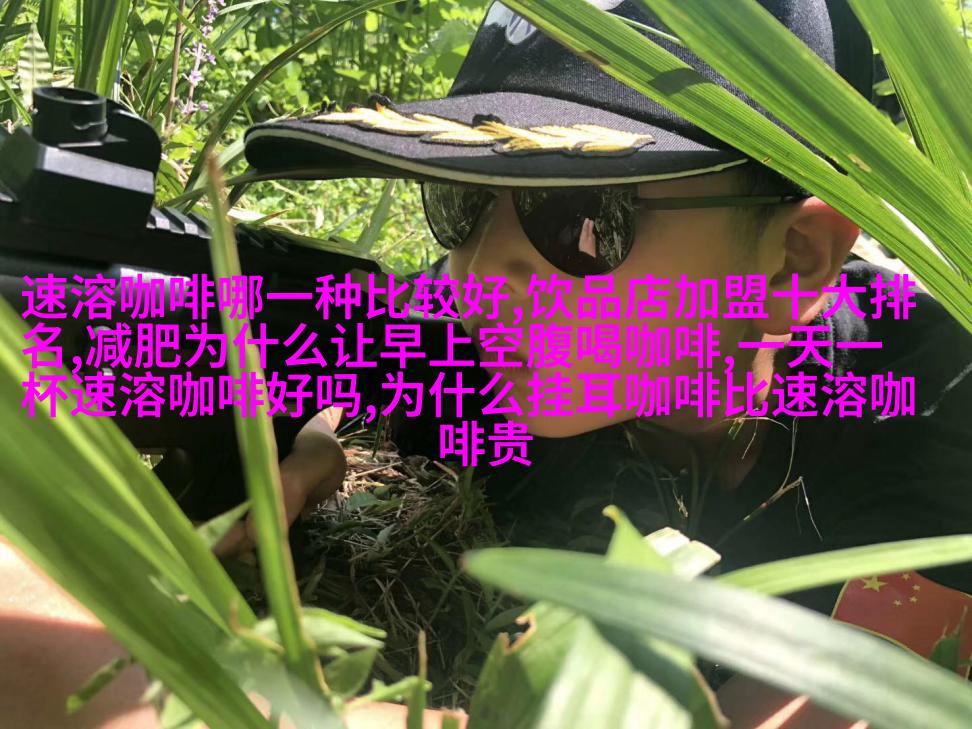首页 - 速溶咖啡 - Navigating Idioms Proverbs and Slang in the World
Introduction

When it comes to translating Chinese into English, one of the biggest challenges is navigating the complex world of idioms, proverbs, and slang. These expressions are deeply rooted in Chinese culture and often do not have direct English translations. In this article, we will explore how to navigate these linguistic obstacles and provide some tips for effective translation.
Understanding Idioms

Idioms are fixed phrases with a specific meaning that cannot be deduced from the meanings of their individual words. They are often used in everyday conversation and can add flavor to written texts as well. For example:
"落雨不下" (lào yǔ bù xià) means "it's raining but not falling" or "a light drizzle."
"树上开花,地下结果" (shù shàng kāi huā, dì xià jié guǒ) means "the flowers bloom on trees while fruits ripen underground," indicating that hard work done today will yield results tomorrow.

"打虎要看穴位,不是全身都要打。" (dǎ hǔ yào kàn xuě wèi, bù shì quán shēn dōu yào dǎ) means you should aim at the right spot when fighting a tiger; don't attack everywhere.
To translate idioms effectively:
Understand their literal meaning first.
Identify their cultural context.

Use figurative language to convey similar ideas in English.
Proverbial Wisdom
Proverbs are short sayings that offer advice or wisdom about life experiences or situations. They usually contain moral lessons or teachings:

"滴水穿石" (dī shuǐ chuān shí) translates as "drop by drop pierces through stone." It signifies patience and persistence can lead to success even against seemingly insurmountable odds.
“天道酬勤”(tiān dào chóu qín) means heaven rewards diligence; it encourages people to work hard because they will receive due compensation eventually.
Tips for Translating Proverbs:
Translate them literally first if possible.
Consider their historical background if necessary.
Retain their essence while making adjustments according to cultural contexts.
Slang: The Modern Language Trap
Slang refers to informal words or expressions commonly used among particular groups within a language community:
朋友圈子(fèng yóu quān zǐ): friends' circle/community
买单(bá diàn): pay for something/cover expenses
有料(yǒu liào): interesting/fascinating
Translating Slang:
1.Cultural familiarity helps understanding its usage better than just looking up definitions online alone.
2.Avoid using overly formal terms where informal ones would suffice based on context clues provided by text content itself rather than relying solely on word choice decisions made purely upon personal preference without considering target audience needs nor appropriate tone required per situation type - e.g., casual vs professional settings etc...
Conclusion
In conclusion, navigating idioms, proverbs, and slang during translation requires an understanding of both languages involved along with being mindful about potential miscommunications resulting from lost nuances between cultures & languages themselves which may cause confusion if left unaddressed properly throughout process execution including final product quality assurance steps taken before publication release date arrives!
- 上一篇:咖啡的故事哪个牌子能成为你的忠实伙伴
- 下一篇:一体化推动企业发展的新模式
猜你喜欢
- 2025-05-06肆只猫咖啡喵声绘影的悠闲时光
- 2025-05-06徐志摩的微诗短篇章中的长情愫
- 2025-05-06胶囊咖啡在商业经济学中的社会应用原理
- 2025-05-06揭秘致命十字路口一场不幸交通事故的深度剖析
- 2025-05-06智能制造网-构建智慧生产力数字化转型的新时代网络平台
- 2025-05-06月落归林BY萝卜药丸我在网上发现了一个超级好用的保健品月落归林BY萝卜药丸听说它能帮我改善肠胃健康让
- 2025-05-06中国贸易信息网我是如何在一站解决所有贸易难题的
- 2025-05-06云南咖啡豆风味红土情怀的醉人香气
- 2025-05-06如何帮助企业改善产品开发流程
- 2025-05-06现代诗三首抒情诗歌的精华

